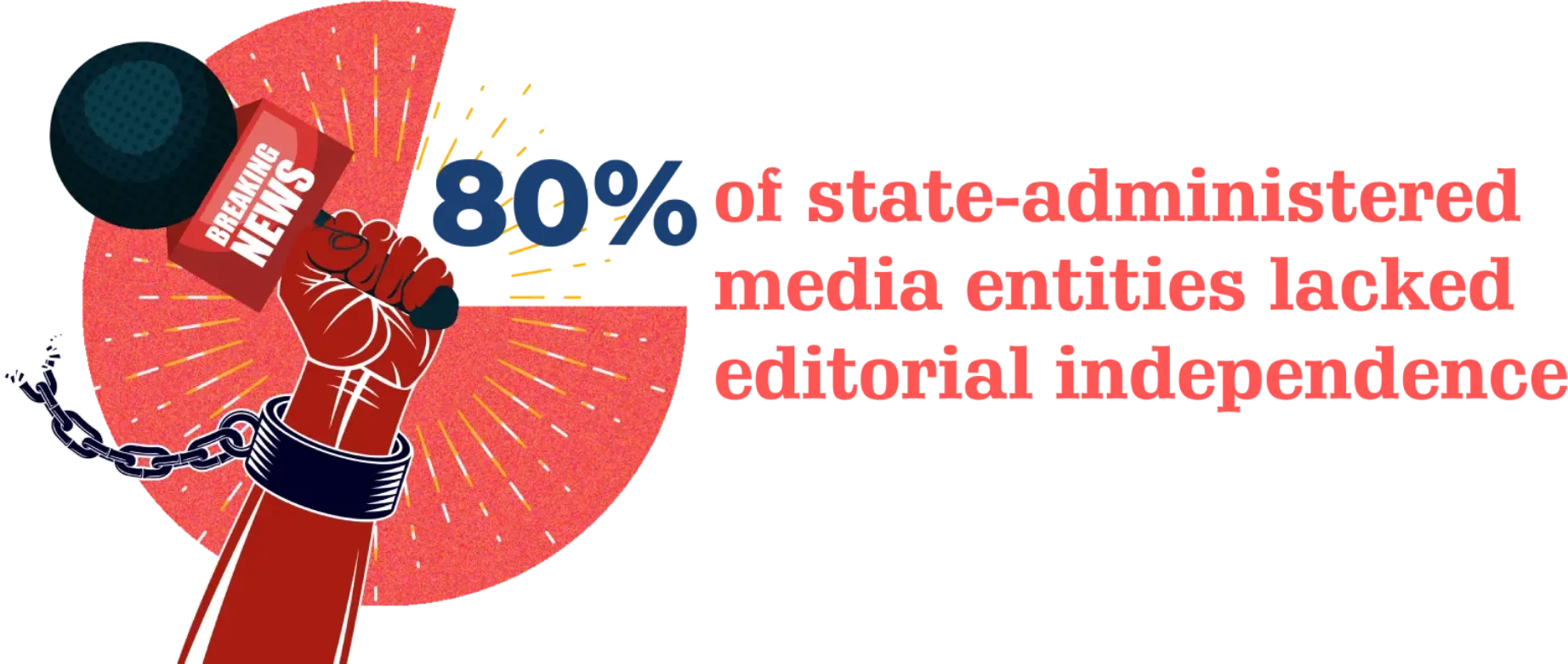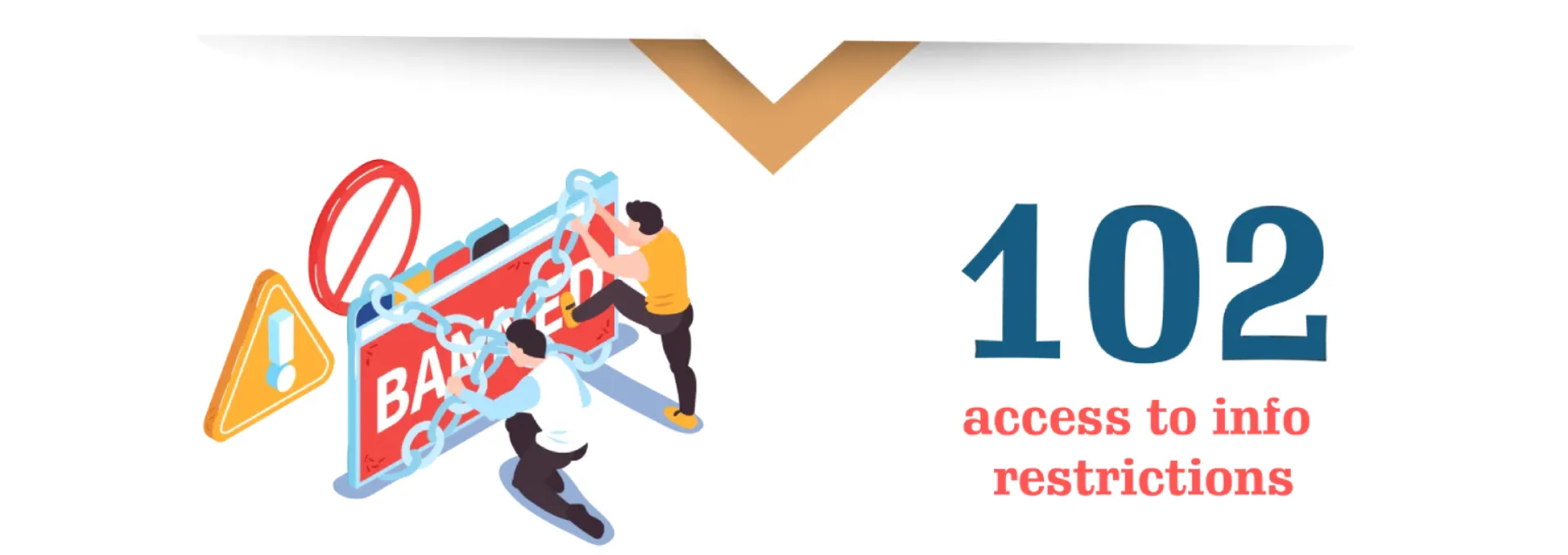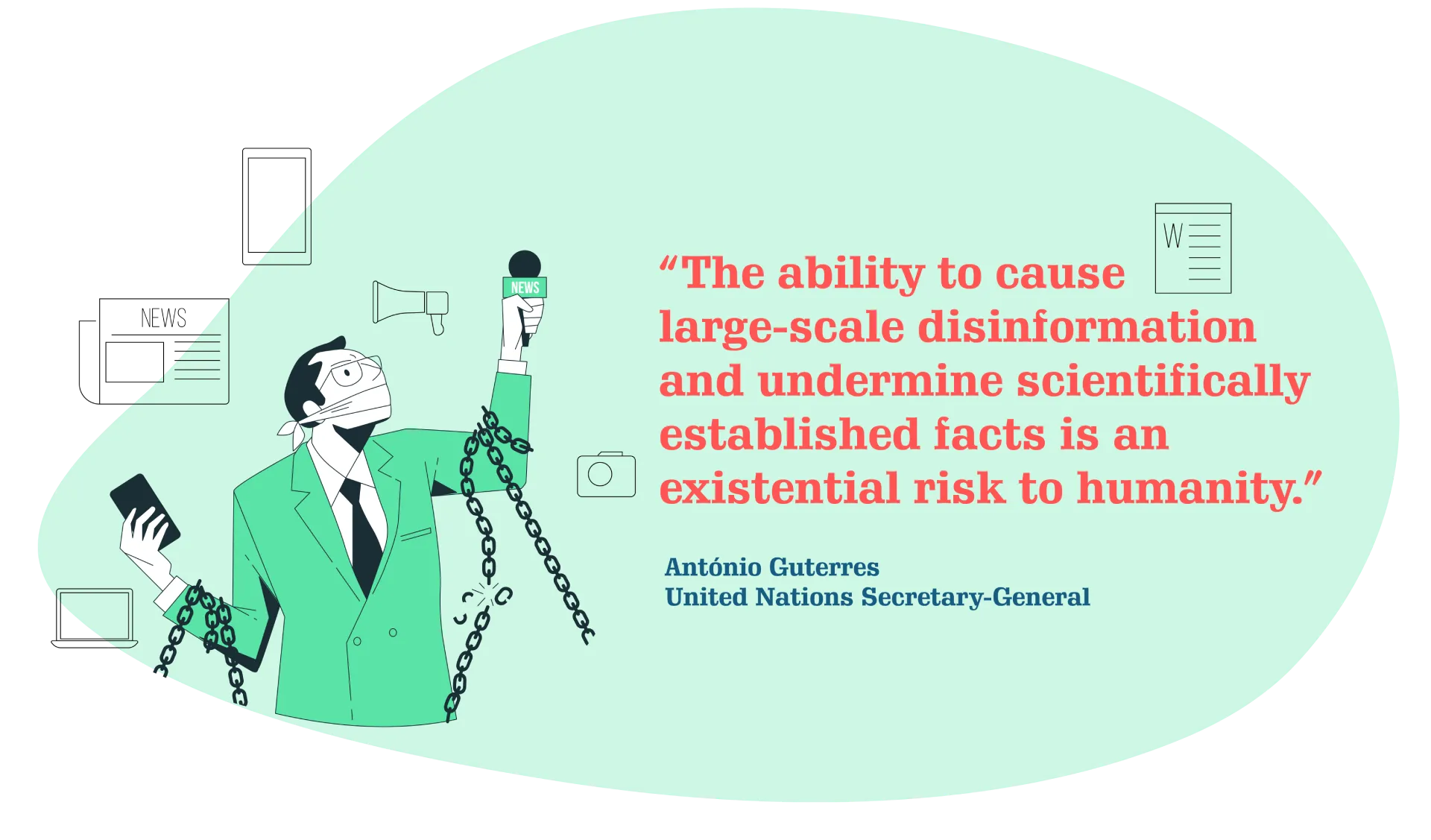

Journalism plays a vital role in fostering a democratic society by providing citizens with accurate information to make informed decisions. It acts as both a watchdog and a source of information, but for it to continue to serve as a public service, it must have a sustainable economic model. In recent years, a majority of the global population has witnessed a decrease in press freedom. This trend is evident even in countries with a strong history of protecting independent journalism. The decline in press freedom can be attributed to financial and technological changes that have resulted in the closure of news outlets, particularly in local communities. Additionally, newspapers have seen a significant drop in advertising revenue over the past ten years.
The decline in media freedom is often a result of indirect restrictions and legal threats. According to international standards, criminal sanctions for speech should only be applied in the most severe cases that involve incitement to violence, and not for defamation or other alleged violations of dignity and reputation. However, the progress towards the decriminalization of defamation has slowed in recent years, with at least 160 countries still having criminal defamation laws.
In addition, there has been a rise in laws that target mis- and disinformation, cybercrime, or hate speech. At least 57 laws and regulations across 44 countries have been adopted or amended in the last five years, with many containing overly vague language or disproportionate punishments that threaten online freedom of expression and media freedom. These laws do not adhere to international standards, as they should be legal, necessary, proportional, and pursue legitimate objectives. Studies have found that many of these restrictions have little impact on the drivers or effects of mis- and disinformation, and may have a chilling effect on media freedom and freedom of expression.


In the past five years, there have been a number of actions that pose a threat to global efforts to protect freedom of expression. This includes the blocking of news services online, illegal spying on journalists, and hacking of media sites. One of the most significant challenges in this regard is the rise of internet shutdowns. In 2019, a total of 213 unique incidents of internet shutdowns were reported, where governments restricted access to the internet, mobile networks, or social media for large portions of their territory. Some governments are also investing in the ability to filter the internet, blocking certain types of content and slowing down access, in order to discourage users from seeking information online.
Another factor contributing to the deterioration of freedom of expression is the decline in traditional journalism business models. This has made newsrooms more susceptible to pressure from external actors, outlet owners, and executives. This form of media capture, where news media may appear to be free but are actually compromised in terms of independence, continues to be a growing concern. A recent study by the Center for Media, Data, and Society found that 80% of 546 state-administered media entities in 151 countries lacked editorial independence.



The global pandemic has left people all over the world searching for accurate and trustworthy information. They turned to news media, such as television, radio, newspapers, and websites, to find answers to their questions about the government’s response to the pandemic, the safety of going to work or shopping, and when a vaccine would be available. However, not everyone found the information they needed. News media struggled to keep pace with the demand for information, particularly local newspapers and outlets in the Global South. Instead, many people encountered misinformation, which caused confusion, division, and harm around the world.
In light of the pandemic, some governments have used it as an opportunity to clamp down on democratic rights, including media freedom. The study found that COVID-19 measures were used to justify media freedom violations in 96 of the 144 countries.
The pandemic also put the safety of journalists at risk in various ways. Despite being acknowledged as critical workers, journalists have encountered increased harassment, psychological strain, and trauma. The Press Emblem Campaign reported that over 1,846 journalists passed away due to COVID-19 between March 1, 2020, and November 1, 2021.





The state of independent journalism, which prioritizes the public interest over political, commercial or other interests, is at risk due to the rapid decline of its underlying business models. This exacerbates the challenges to the freedom and safety of journalists worldwide. To preserve the role of journalism as a public good, immediate action is necessary from governments, civil society, and the private sector to support trustworthy journalism, create a supportive environment for media sustainability and maintain standards of editorial independence and freedom of expression. Failure to do so will make it impossible to ensure the availability of journalism as a public good in the midst of the rapidly growing digital media landscape.

© 2025. All rights reserved by Elicit Research.
